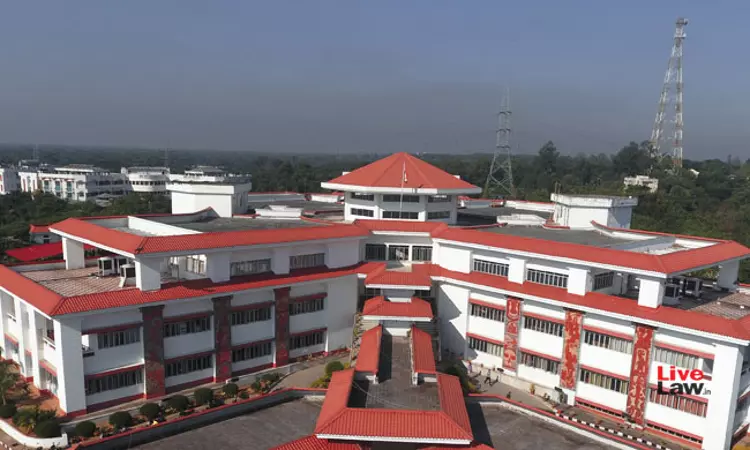'Marriage Doesn't Break Daughter's Bond With Her Parents': Tripura High Court On Their Exclusion From Die-In-Harness Scheme
Jyoti Prakash Dutta
9 Feb 2022 4:52 PM IST

Such a scheme violates Article 14, 15 and 16 of the Constitution, the Court held.
Next Story


